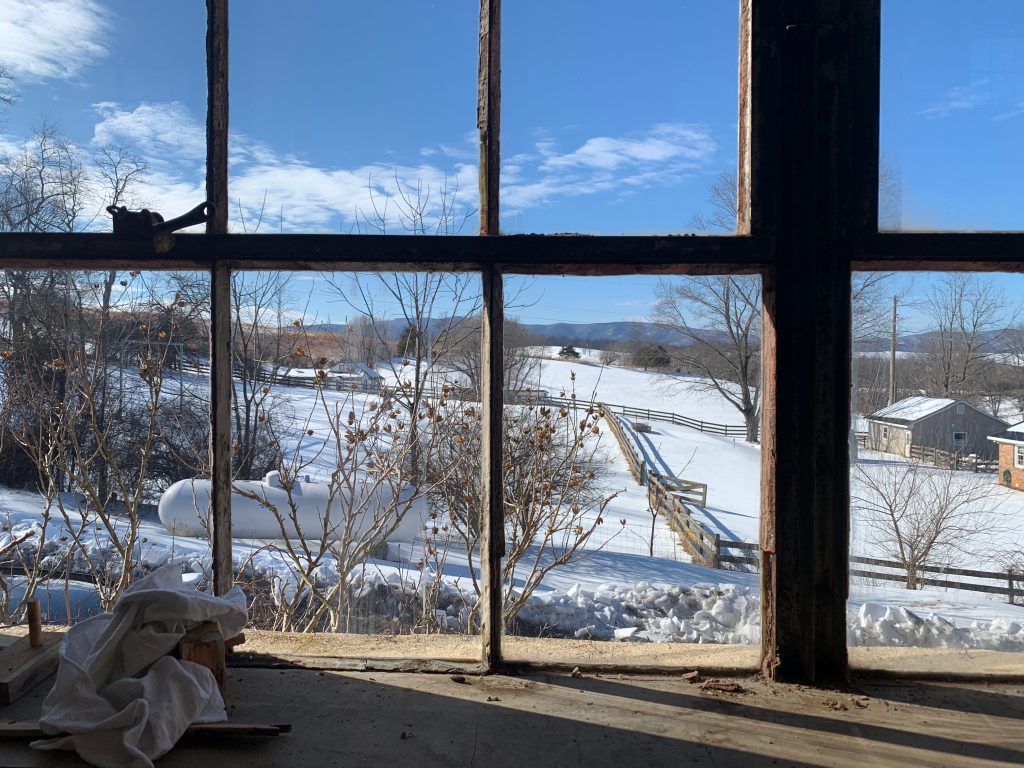writing
Story Development
I’m documenting my process as I start work on a new book, in part to give my readers a glimpse into how a book comes to life and in part to have as evidence in case anyone ever tries to accuse me of using AI (I don’t even know how to get to an AI to use it and have zero interest in learning).
I’m developing a story idea that isn’t ready to write yet. This one’s been on a long, strange journey. I remember the moment I first got the germ of the idea. I was making my bed (I actually have two ideas I came up with while making my bed — is that the new shower for idea generation?) when it struck me. I developed and wrote a whole book based on it, but it didn’t really work. I sent it to my agent, and she agreed that it didn’t work.
But then sometime last year (I think it was actually while I was making my bed) I came up with a different approach to the basic idea, aiming at a new audience and going in a very different direction. That was when things started coming together. I read some books and watched some movies and shows that were in roughly the same genre, mostly as a way of stimulating my brain along those lines. I thought about what I liked about those things and what didn’t work for me and what I would do differently, plus I knew what I needed to steer away from to make my take on it unique.
I also tried to find some real-world parallels to some of the things in the idea. Sometimes this is an excuse for me to read history, but I think using real events as a skeleton to a story idea gives it some degree of plausibility. It’s something that could happen because it has happened. This particular book has a bad king who’s a mix of a lot of bad kings from history — it’s interesting how many kings followed approximately the same pattern, and that pattern keeps repeating in other leaders. I think of this as the idea-generation research phase, as opposed to the fact-gathering research (how does this work, could this happen, etc.). It’s about sparking plot ideas. I give my brain a lot of input and then it breaks it up, mixes it together, and a story comes out.
At this point, I could have written the book description (the text that goes on the back cover of a paperback or that you see in Amazon listings), which makes it feel like I have the book all ready to write, but it’s still really vague. I only know the big-picture general things, but I don’t know what the world looks like or who the characters are as people, and though I know what the story goal and main conflict are, I don’t have a plot.
Over the years, I’ve put together a worksheet of things I need to know to create a character, and I’ve worked through those for the main characters. I’m starting to get a sense of who some of the secondary characters might be, but they aren’t really formed yet.
Meanwhile, I’ve been trying to develop my world. I had a vague sense that part of it might be based on a place I’ve visited, but more to do with an area that feeds into that place. I found some videos about the region I was thinking of, which I haven’t visited, and that clicked things into place. I can suddenly picture the world, and some things about that gave me ideas of how the magic might work.
The looking for images is one of the weirder parts of my process. I find that it really helps me to find a reference image, to mentally “cast” the people and places. Once I have those concrete images from reality, the characters and places come to life for me, and then they immediately diverge from the real images and take on a life of their own so that if I could take a photo of what’s in my head it would no longer be recognizable from the source. I was looking through some files for an older book and found the pictures, and I didn’t even recognize what characters and places those pictures were supposed to be of, even though they inspired what was in the book that I wrote.
This whole process feels like I’ve got a lot of mist swirling around, and bits of it might start taking more concrete form so I can see images, and then it gets clearer and clearer as people appear and their setting becomes clear. I don’t think I’m yet ready to start working on the plot, though. When I try to work through the main plot beats, I don’t get any farther than the first act, so there’s a lot more work to do.
I do all this work by hand. I do have some character and setting sheets on Scrivener that I’ll fill out to have handy for checking details as I write, but my brainstorming is done by scribbling in composition books. Some of it may be formal, like going through my character worksheets or story beat sheets, but sometimes I’m just journaling as I think of ideas. I’ll start a page on a topic, like setting or villain, and then when I get an idea on that topic, I’ll add it to the page. I’ll ramble about magic systems or the history of the world. It’s all basically just capturing my thinking so I can remember all my ideas.







